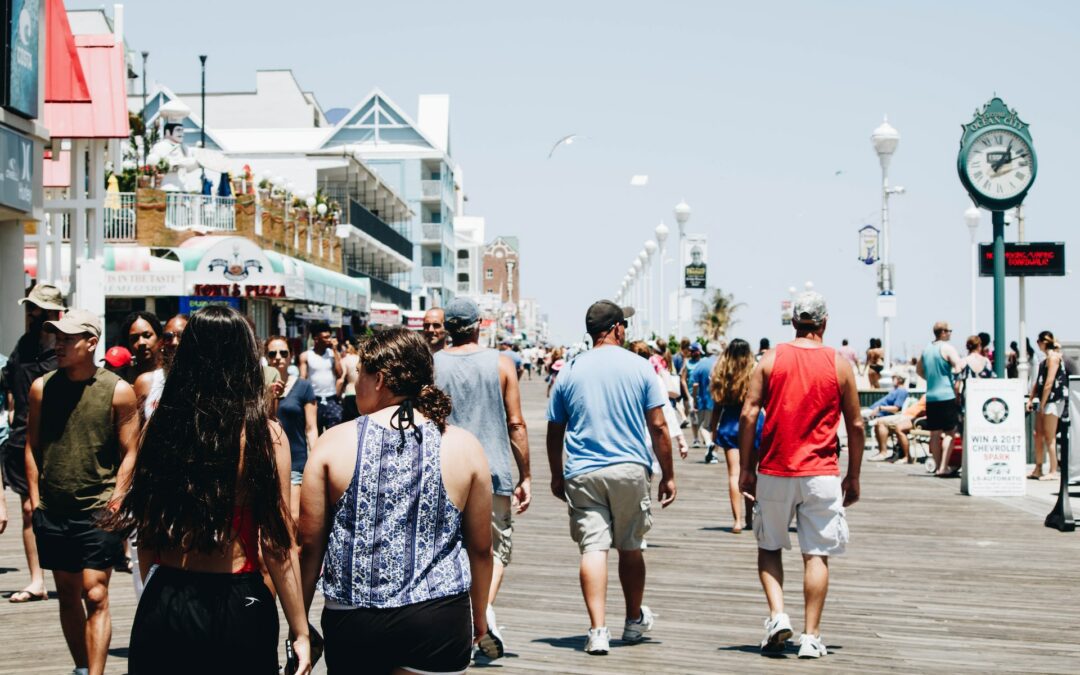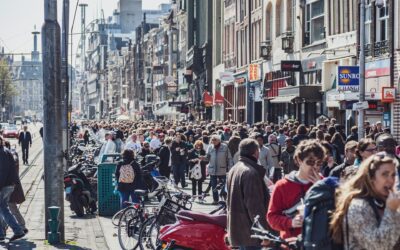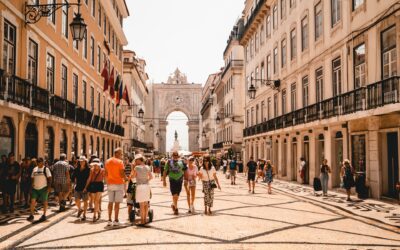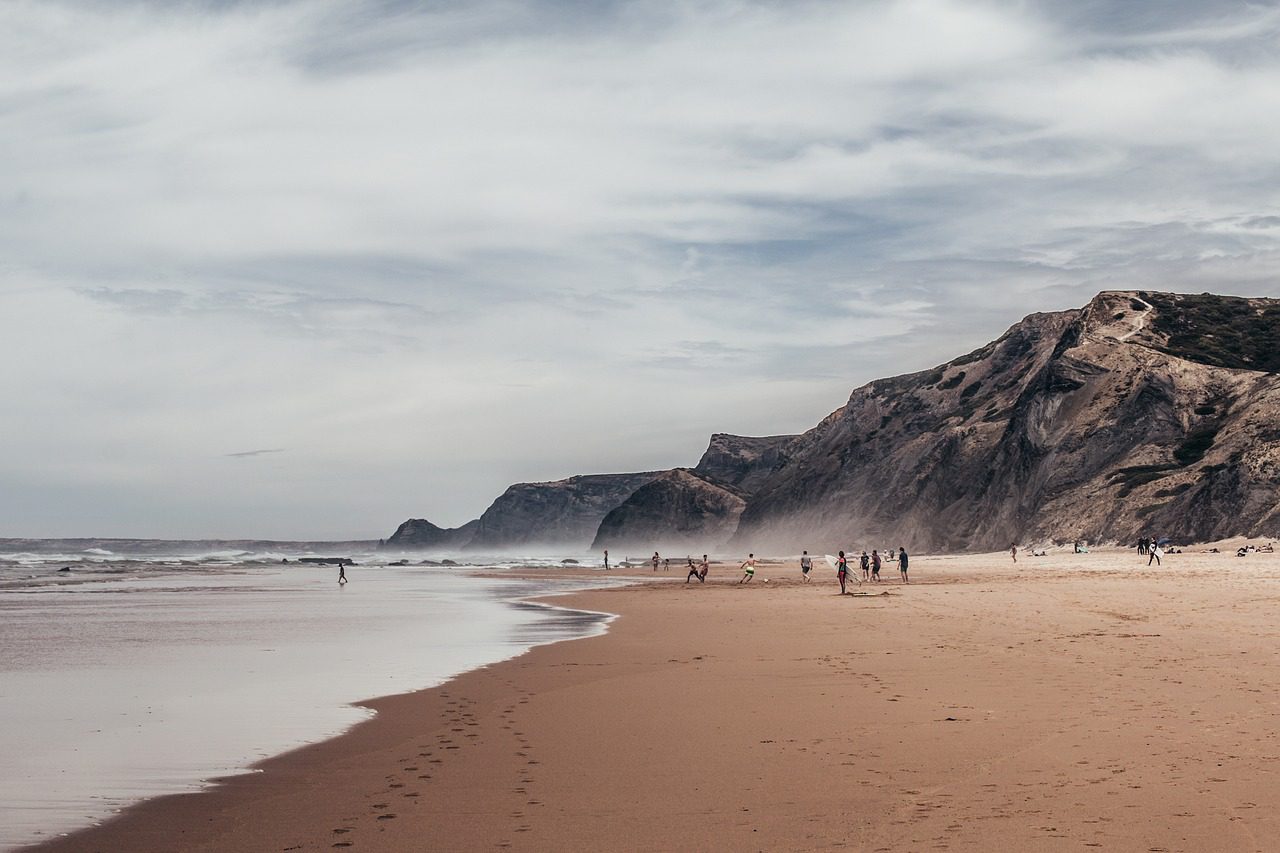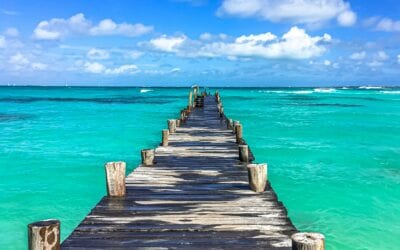|
|
The press has been ablaze recently with stories about how digital nomads are changing cities and negatively affecting the local community by driving up accommodation costs. We published an article on the digital nomad backlash in Lisbon, Portugal, last year.
But as we posited in the article, while digital nomads can cause issues, it is the huge increase in tourism in recent years that is seriously challenging communities. The influx of visitors can challenge infrastructure. Dubrovnik, the Croatian city featured in Game of Thrones, has a population of just 41,000 but welcomed 1.5 million tourists in 2019. That is 36 tourists per resident!
In addition to their sheer number, some tourists are known not to have the best behavior! They can be drunk and disorderly, or simply not pay enough attention while exploring that they don’t realize their frequent selfies are causing a problem.
But by far the biggest issue for many are the groups traveling on stag or hen does, or otherwise raucous holidays. They do all of the above and add public rudeness to the mix. Amsterdam has always attracted these groups with their famous Red Light District, and we published a story on the Stay Away campaign launched by the city to discourage these particular types of visitors.
In response to these problems, many communities are introducing new laws to control visitors and protect their natural and cultural heritage. While some of the laws are what you would expect, such as limiting the number of cruise ships that can dock and increasing tourist taxes, some of the rules might surprise you!
Euronews has been reviewing some of the stories that it posted about tourist rules over the past year, and there are some hilarious highlights. But while we might chuckle, it is a reminder of how much damage excessive tourism and travel can do.
Portugal
Portugal isn’t just fed up with digital nomads, they are also struggling with tourists! One of their biggest problems is tourists showing up to public speakers with their fancy personal speakers and blasting their music so loud that it disturbs other beachgoers.
To combat this issue, Portugal has introduced a fine of up to €36,000 for people playing their music too loudly on the beach. Plus, their speaker will also be confiscated. Not respecting the space of others is a related issue, with ball game players kicking sand at their fellow beachgoers and blocking the view. Many beaches are now restricting beach games to designated areas.
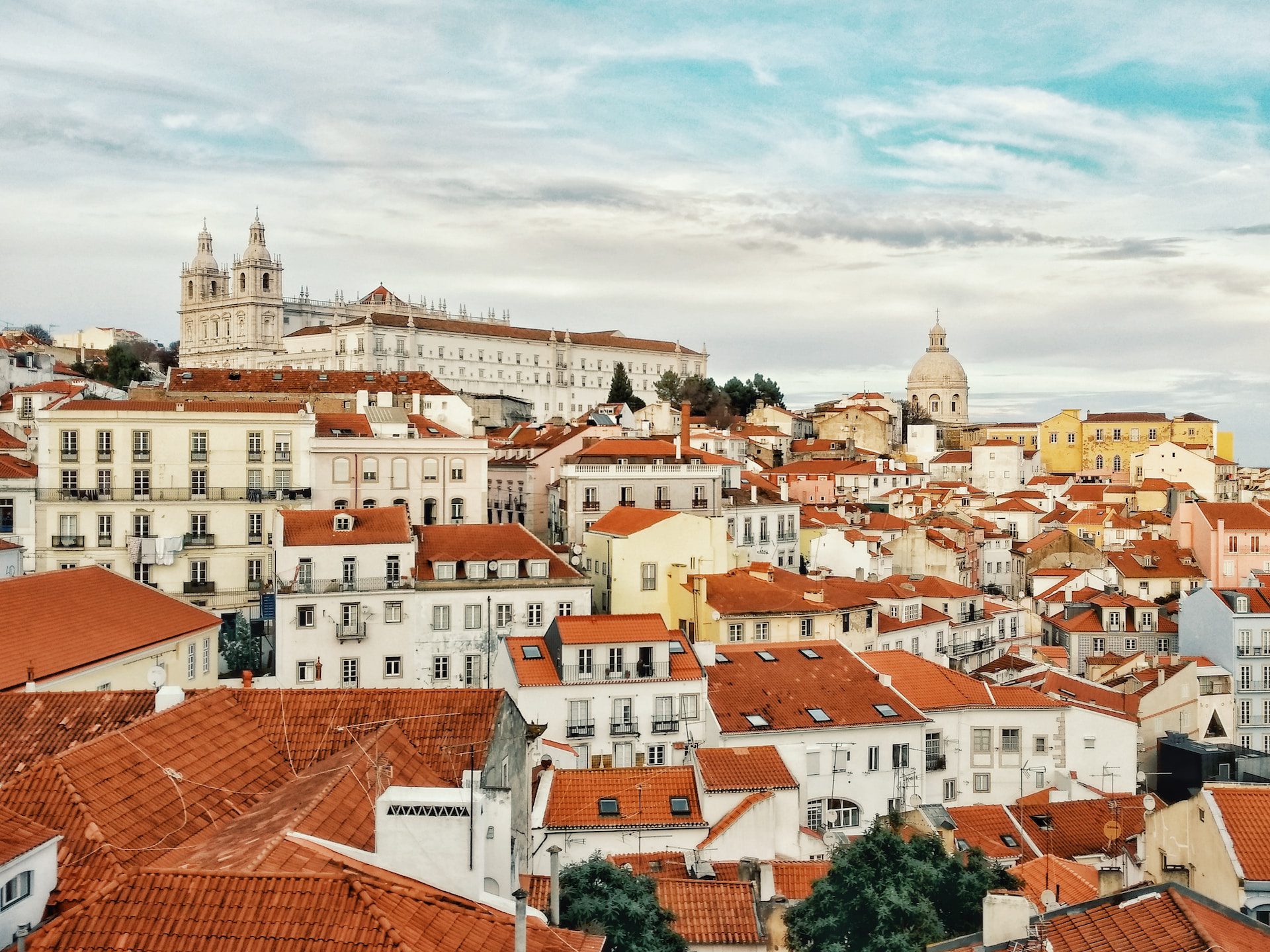
Sardinia
Sardinia is known for its beautiful beaches, but their popularity means that many have had to cap numbers and introduce payments to use the beach, with funds going towards cleaning and preservation.
At the archipelago of La Maddalena, daily visitors are limited to just 60 people. You need to go online and book your spot in advance and pay a €3 fee to support the beach. Similarly, at Ogliastra, they only allow 300 people to visit per day, and visitors are not allowed to stay for more than 90 minutes.
Things are even more serious at Pelosa Beach, which limits daily visitors to 1,500 with a €3.50 fee. But in addition, there is a no beach towel rule! Bathers are asked to bring beach mats because they catch less sand and therefore cause less sand erosion.
The Spiaggia Rosa on the outlying island of Budelli has beautiful pink sand beaches. They have already been closed since the 1990s due to sand disappearing. It was soon determined that tourists were taking the sand away with them as souvenirs.
But while the beach is closed, it doesn’t stop people from visiting, so new fines have been introduced. You can now be charged €500 for walking on the beach, and €3,500 if you are caught making away with any sand.
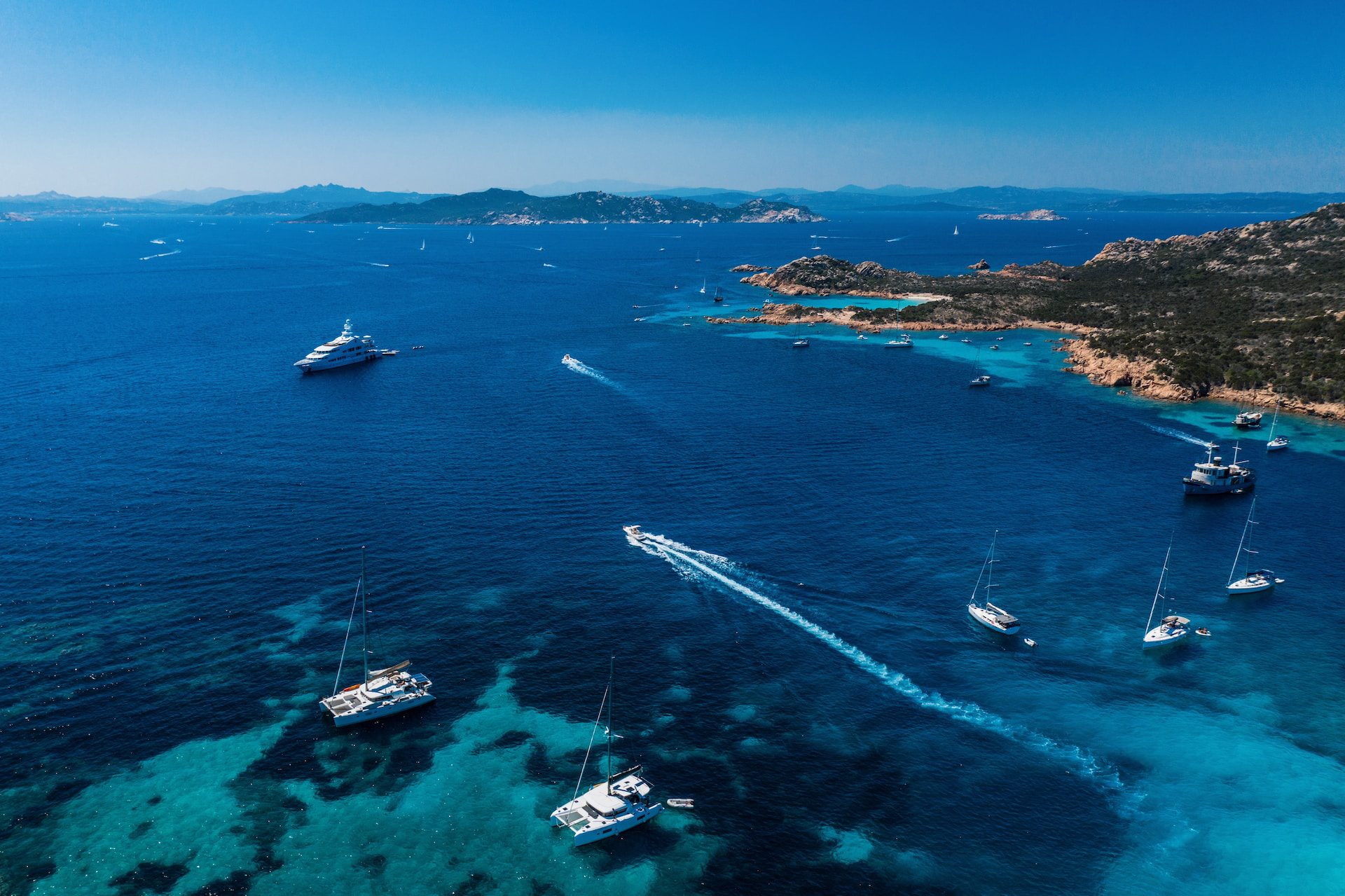
Dubrovnik
We have already talked about the huge number of tourists that visit Dubrovnik, but the city has another problem. The historic center is all cobbled streets, and visitors arrive with their roiling suitcases. The rattle and clank of these cases on the streets is a constant assault!
The government now demands that tourists carry their suitcases in these streets or face a fine of €265.
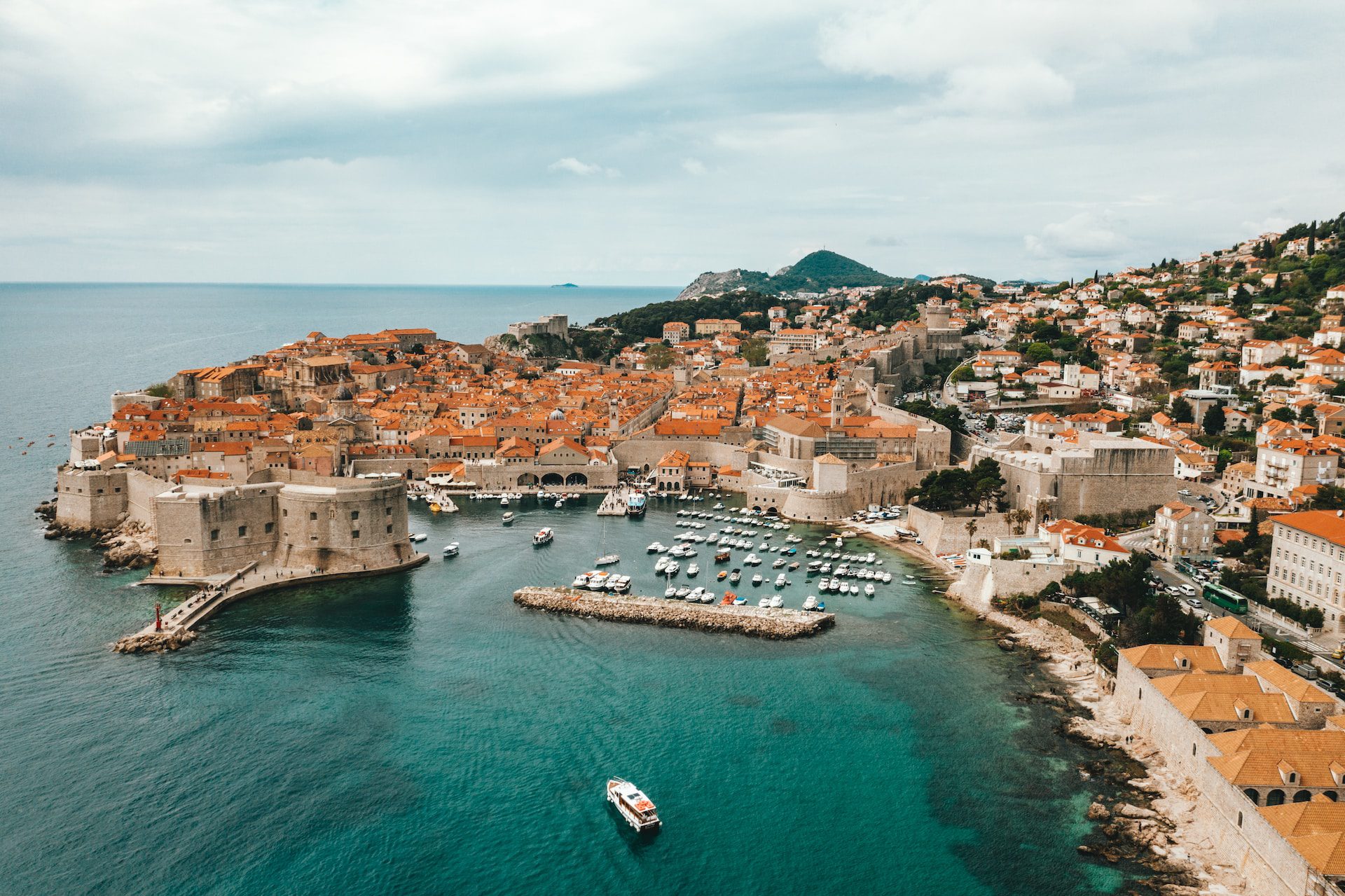
Spain
One of the biggest problems in Spain is stag and hen does. Not only does this often lead to public drink and disorderliness, but also tourists walking the streets in barely there outfits or grossly offensive costumes.
Seville has banned people from wearing underwear in public and any costumes that communicate sexist messages. Malaga also fines visitors for nudity in public, wearing underwear in the streets, or carrying an inflatable doll.
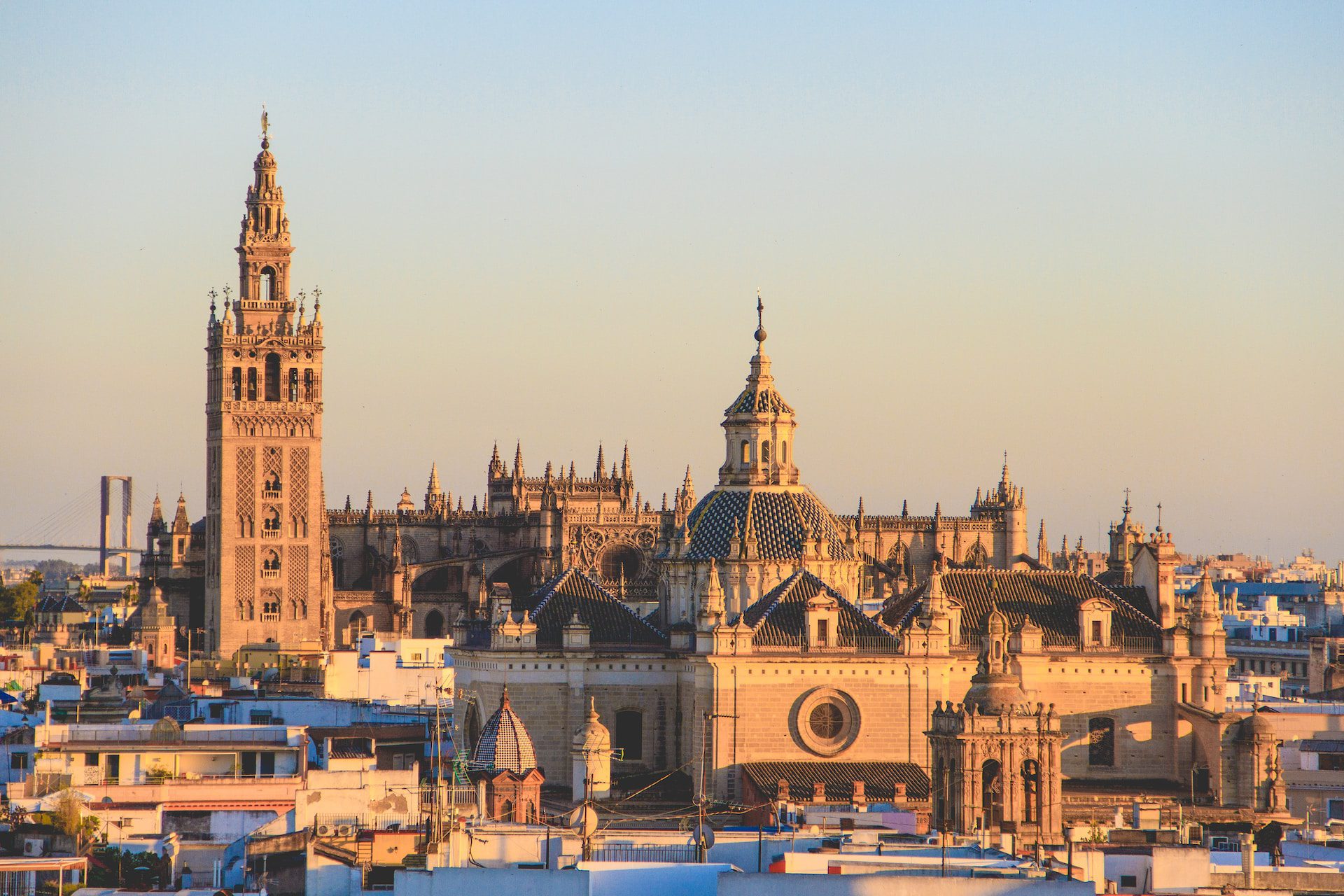
Italy
Italy has many challenges when it comes to visitors and preserving their historic sites. But rather than rambunctious youths, their biggest challenge is often absorbed selfie-takers who don’t realize that they are blocking traffic and putting other people in danger.
The small Italian Riviera town of Portofino has now declared several “no waiting” zones across the city, denying tourists the right to stop there and take their pictures. The fine for non-compliance is up to €370.
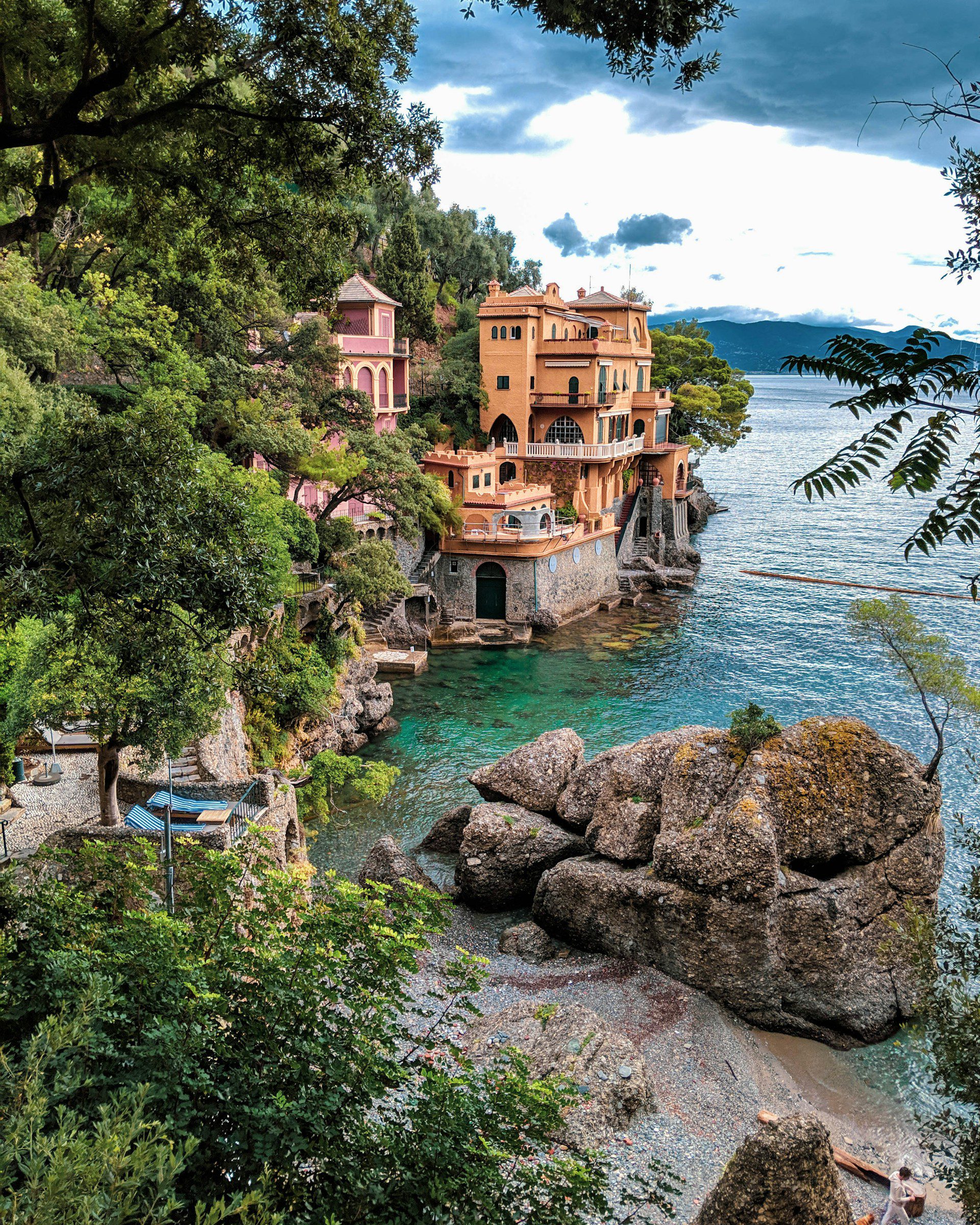
The Impact of Overtourism
While some of these laws are downright amusing, the potential impact of overtourism is not. Overtourism is defined as when an area has too many visitors and an influx of tourists has negative consequences for the environment and/or the locals that live there.
Consequences of overtourism include:
- Excessive littering and pollution and waste management systems unable to cope with disposal.
- Overcrowding that causes increases in traffic and potentially dangerous situations, not to mention long wait times.
- Damage to historical sites that can never be restored.
- Damage to the natural environment through erosion, destruction of habitats, and so forth.
- Increased prices for both visitors and locals for accommodation, food, and key services such as transport and access to cultural venues.
- Housing shortages forcing locals out of their traditional homes.
- Economic equality and wealthy visitors lead to gentrification that is inaccessible too most locals.
What Can You Do?
Does that mean that you should stop traveling? Absolutely not! Traveling is a power personal experience, and tourism also bring benefits to communities. Tourism dollars enriches the economy, creates jobs, can drive infrastructure improvements, and can even support projects to preserve natural and cultural sites.
The key is to travel smart and think before you book your next trip.
- Understand what overtourism is so that you can be conscious of the impact you might be having on the people and the planet around you.
- Research your destinations and avoid places that are struggling with overtourism. If you are desperate to visit, try to book outside of the high season.
- Consider your environmental impact and what you can do. Travel with a reusable water bottle rather than buying bottled water. Take public transport rather than taxis or renting a car. Eat local food and support local businesses.
- Understand local traditions before you go and adapt to respect the local culture. What kind of dress is appropriate? Is drinking in public frowned upon? Is inconveniencing your neighbors through your actions considered offensive?
- Respect your surroundings. Don’t touch crumbling walls, don’t take photos where it is forbidden, and don’t pick flowers or collect rocks and shells as souvenirs.
Of course, if the new tourism laws being introduced across Europe are any indication, the biggest thing to remember when traveling is to be respectful. Do your hen or stag do closer to home!

